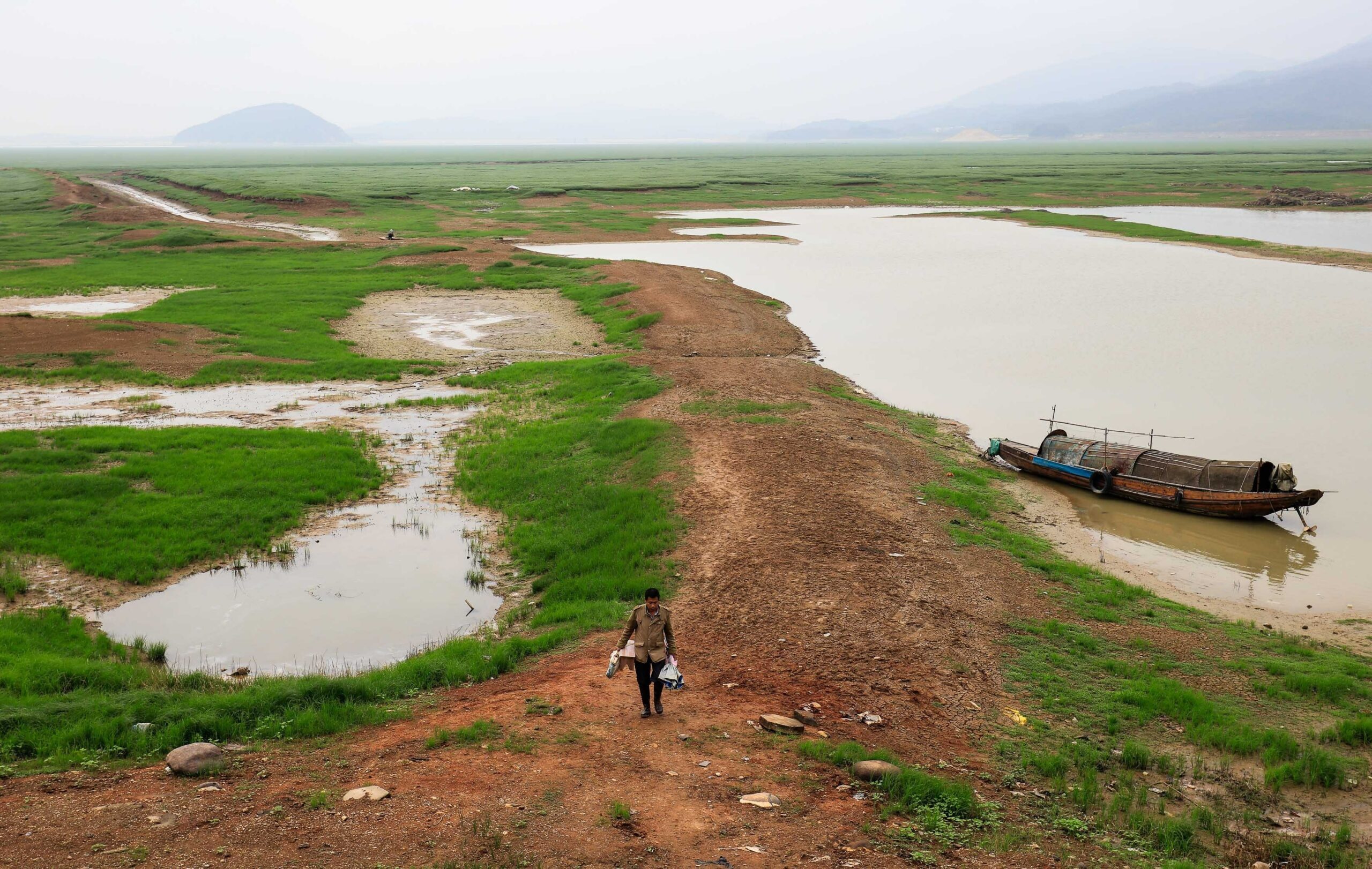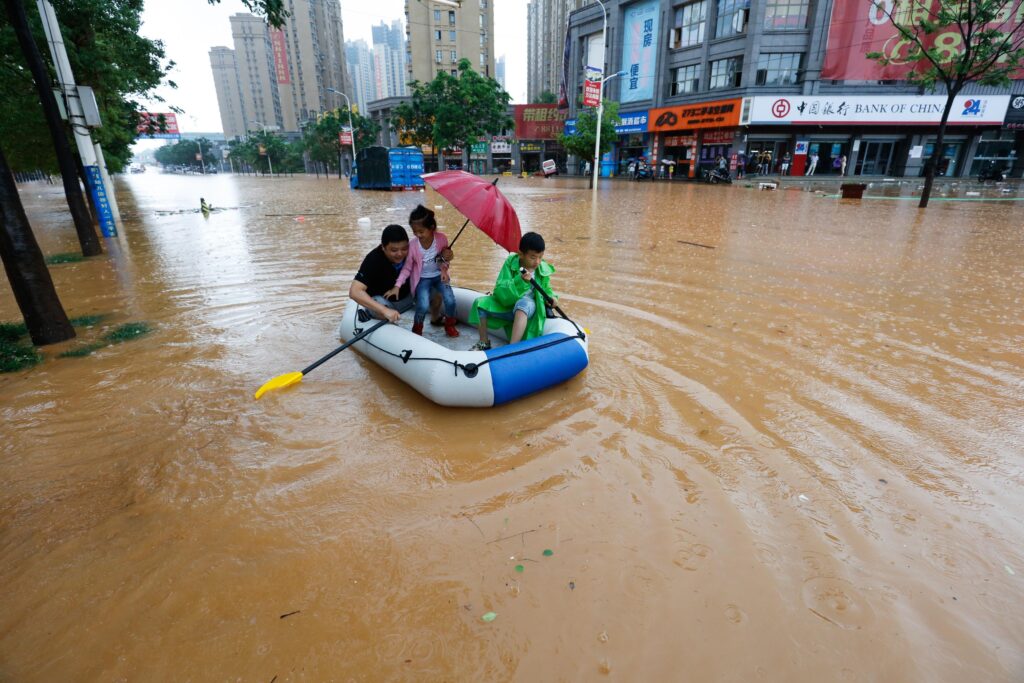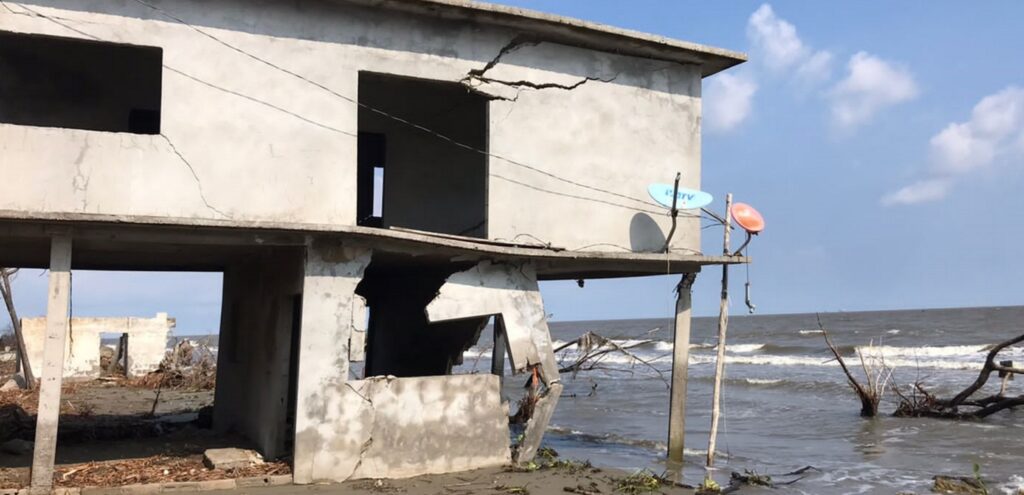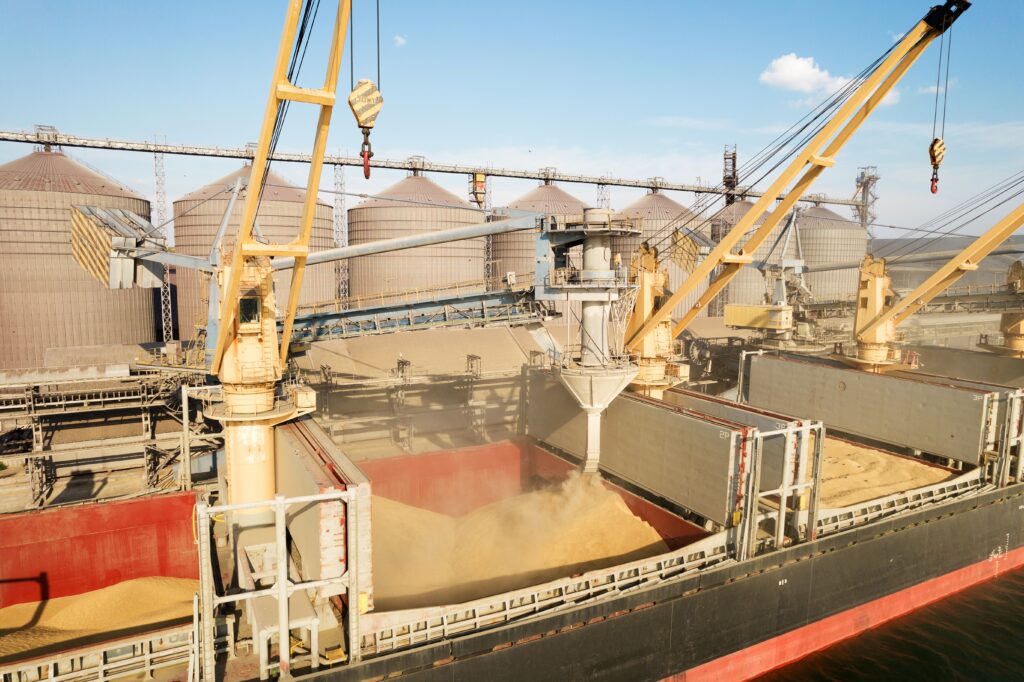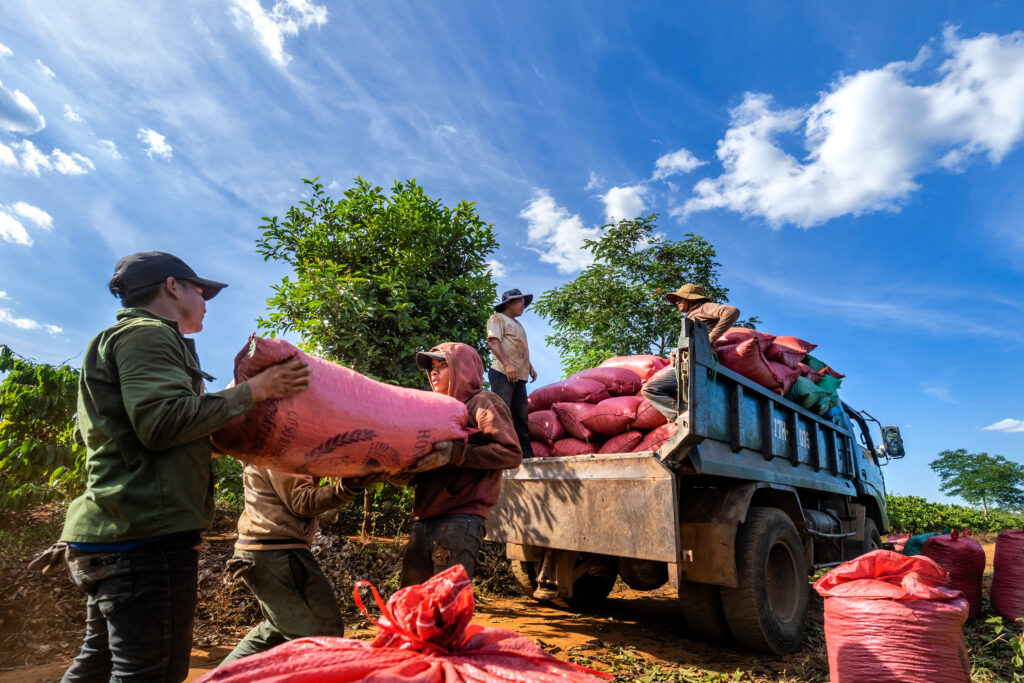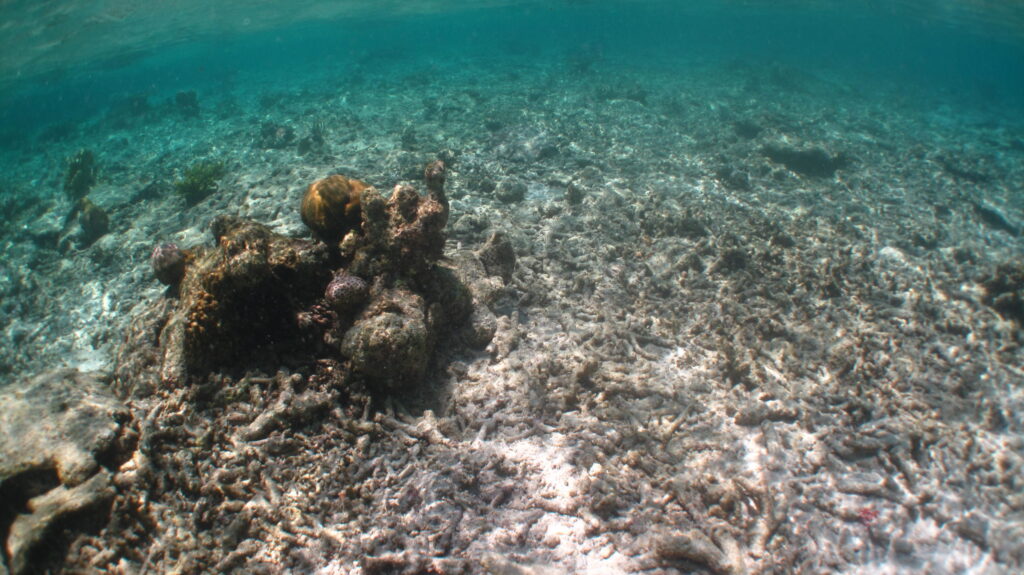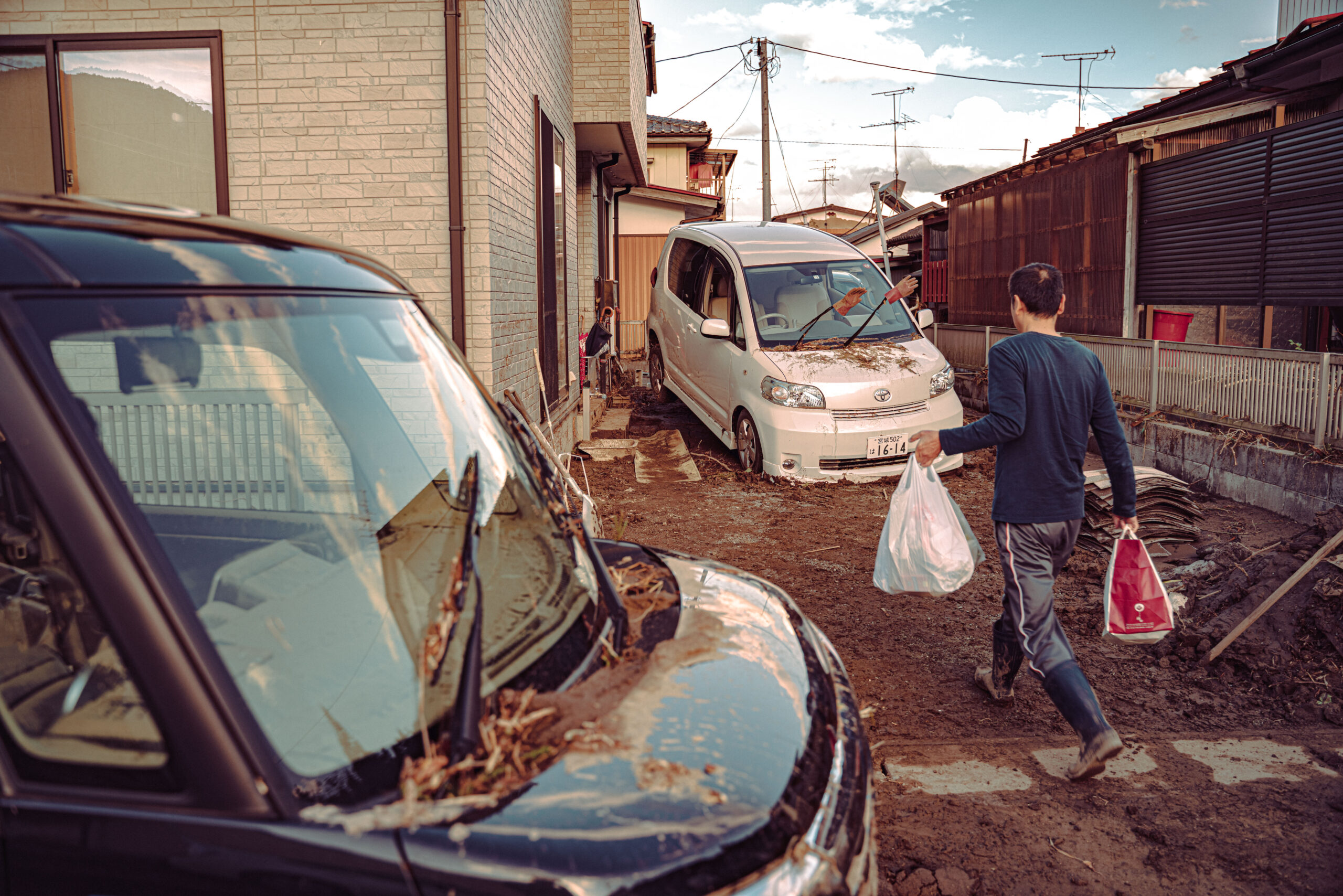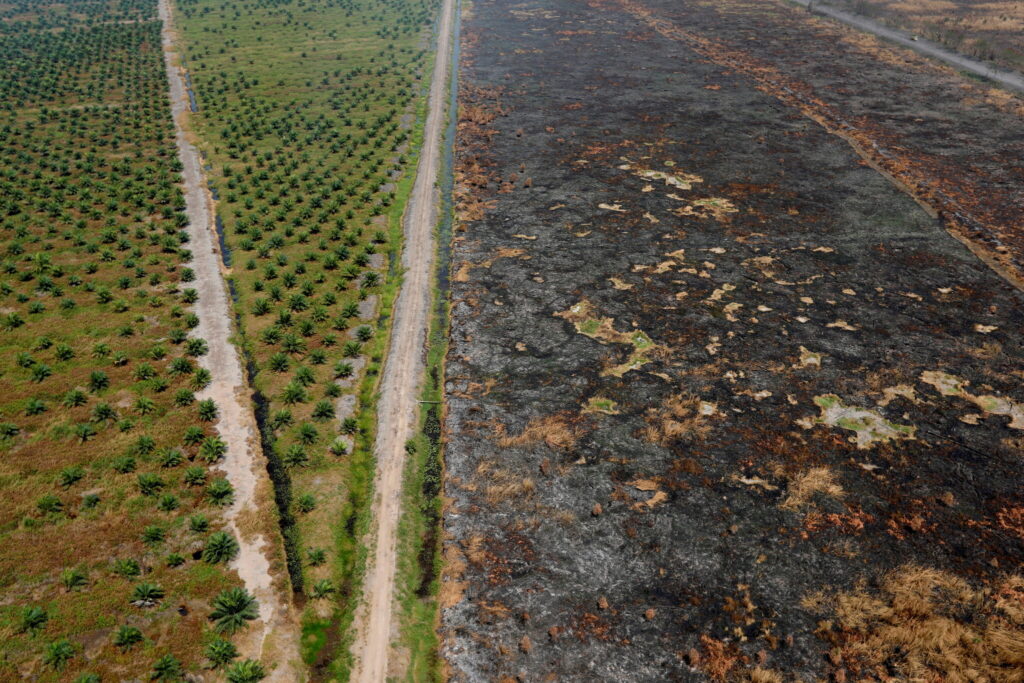As well as threatening the health and lives of millions around the world, the economic impacts of heatwaves are severe. Since the 1990s, climate change-fuelled heatwaves have cost the global economy approximately USD 16 trillion. The tropics and Global South have borne almost the entire economic brunt of these extreme temperatures.
One key reason is that exposure to extreme heat and heat exhaustion rapidly decreases the ability to work safely outdoors. To date, Asia and the Pacific are the regions that have suffered the most significant impact in terms of working hours lost to extreme heat, says the International Labour Organisation (ILO). Additionally, others say that extended heat waves could see a surge in hospital visits on top of productivity losses across sectors like agriculture and construction.
In two of Asia’s major economies – India and China – climate change is driving more frequent, prolonged and intense heatwaves. With large and labour-intensive populations, the economic and human consequences are already profound and will continue to worsen as climate change intensifies. According to Nature, these nations are among those to experience the largest labour losses and the associated negative economic consequences as extreme heat becomes the “new normal” of the future.
Why Are Heatwaves Dangerous?
Heatwaves are some of the deadliest weather events and occur worldwide with increasing intensity. Extreme heat combined with high humidity is particularly dangerous, as it inhibits the body’s ability to lose heat via perspiration. Scientists measure this humid heat as a “wet-bulb” temperature, with around 35°C being the upper limit for human survivability. “I believe that humid heat is the most underestimated direct, local risk of climate change,” said Columbia University Professor Radley Horton.
Both India and China are severely vulnerable to increasingly frequent wet-bulb temperatures. A 2020 case study report by McKinsey found that India could become one of the world’s first places to suffer heatwaves that cross the survivability thresholds for healthy adults resting in shade. These would put millions of lives at risk and could occur as early as the next decade, the report warns.
Meanwhile, the North China Plain is likely to experience deadly heatwaves, with wet-bulb temperatures exceeding the limits of what people can tolerate to work. The region is one of the most densely populated areas on the planet and is home to around 400 million people.
The Economic Impacts of Heat Waves and Extreme Temperatures
Heat stress affects, above all, outdoor workers, such as those engaged in agriculture and construction who don’t have access to air conditioning. In countries such as India, where heat-exposed work employs around 75% of the labour force and contributes to 50% of GDP, the consequences of increasingly severe heat exposure and rising temperatures are catastrophic both to human well-being and economic stability.
2023 Heat Wave
The early and intense 2023 heat wave across Asia stretched power grids and impacted millions. Moreover, 2023 was the second consecutive year of record-breaking deadly heat for the continent. For India, the compounding impacts of repeated heatwaves are putting “unprecedented burdens” on the country’s agriculture, economic growth and public health, according to a new study. It concluded that global warming is fundamentally undermining India’s long-term efforts to reduce poverty, inequality and illness. Put together, another study estimated this will result in a 5.4% GDP loss.
In China, the 2023 heatwave and record high temperatures threatened electricity supplies, crops and the country’s fragile economy, which is still rebounding from the pandemic lockdowns. Moreover, agricultural failures could drive up food prices, exacerbate inflation and further pressure the country’s economy, Reuters reported.
In 2022, China also suffered the most severe heatwave ever recorded in history, with a measurable hit to its economy. The extreme heat affected over 600 million people, and vast areas of crops suffered damage. In addition, the associated drought affected hydropower generation, forcing factories to close and impacting steel, chemical, and fertiliser production. “Those are very important things when it comes to construction, to agriculture and also to manufacturing,” economist Dan Wang told CNBC. He added that the impacts will be felt throughout the entire economy and even global supply chains.
Extreme Heat and the Economy: What Does the Future Hold?
While blistering and intense heat is already costing lives and livelihoods, scientists warn that even more temperature extremes could be on the way. “The development of an El Niño will most likely lead to a new spike in global heating and increase the chance of breaking temperature records,” said Professor Petteri Taalas, the secretary-general of the World Meteorological Organisation.
Under future warming scenarios, India is expected to lose the equivalent of 34 million full-time jobs in 2030 as a result of heat stress – mainly in the agricultural and construction sectors. Meanwhile, McKinsey calculated that by the same year, lost labour hours due to increasing heat and humidity could risk up to USD 250 billion of the country’s GDP.
For China, the average outdoor working hours lost each year to extreme and humid heat would increase from 4% today to as much as 6.5% in 2030 and 9.0% in 2050, according to McKinsey. The associated economic impacts of these heatwaves are a staggering USD 1-1.5 trillion annual GDP risk by mid-century.
Ultimately, the human and economic costs of climate-induced heatwaves amount to more than any nation can afford. Only a rapid and dramatic cut in greenhouse gas emissions and heat adaptation measures can prevent the worst future impacts of heatwaves in the future.
Evelyn Smail
Writer, United Kingdom
Evelyn is a freelance writer and journalist specialising in climate science and policy, the just energy transition and the human impacts of climate change. She writes for independent publications, NGOs and environmental organisations. Evelyn has a background in sustainable development, climate justice and human rights.
Evelyn is a freelance writer and journalist specialising in climate science and policy, the just energy transition and the human impacts of climate change. She writes for independent publications, NGOs and environmental organisations. Evelyn has a background in sustainable development, climate justice and human rights.

